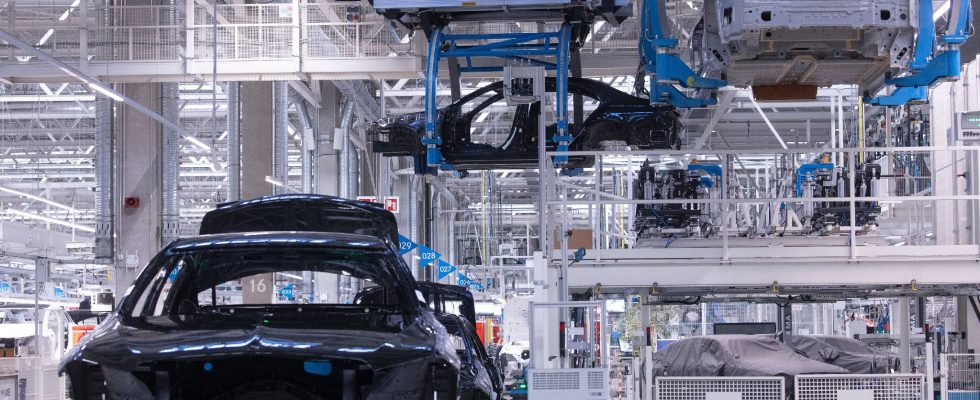While the ecological transition eclipses the digital transition in speeches and announcements, we risk moving from an imagination linked to the “start-up nation” to that of a “giga-factory land”, leaving aside the mid-sized industrial companies.
The “start-up nation” has its strengths, undeniably. It is a new way of innovating, based on very risky investments, which has demonstrated its power in digital technology, finance or biotech, and is now progressing towards other sectors linked to industrial technologies. We also now know some of its limitations.
Gigafactories are striking people’s minds. These “industrial cathedrals”, which are once again being established in France, flatter our pride and contribute to our economic sovereignty. However, this race for gigantism is not a panacea and only applies to certain sectors of the industry. Furthermore, these immense factories crystallize in a caricatured way the political balance of power between States and encourage a frantic race for public funding.
For most complex systems, whether organic – animal species – or not – cities and buildings – gigantism goes hand in hand with structural fragility. In the case of gigafactories, many questions arise: energy consumption, mono-specialization of an employment area, recruitment difficulties, availability of inputs, evacuation of effluents, etc.
Furthermore, these giants need a real ecosystem. If a subsidy for the choice of a location, which can go up to 30% to 40% of the investment, ensures a form of “competitiveness”, this will only be sustainable in the long term by an ecosystem of companies dynamic, innovative and themselves competitive. Giant factories are dependent on a much more granular fabric of industrial companies that supply and support them.
In this shift from “start-up nation” to “giga-factory land”, we would thus take the risk of neglecting the very rich fabric of “human-sized” companies, small, medium or intermediate, however essential to our industrial renaissance. and technological.
Plea for “meso-factories”
Certainly, these mid-sized industrial companies do not test experimental production in the clean room of the neighboring academic research center. Nor are they betting on these huge factories which will cost several billion in public support and whose supply chains are often the Achilles heel.
These local companies – or “meso-factories” -, recent or less recent, occupy the surface of a football field. They employ 200 to 300 people. They are based on robust economic models. They are capable of continuing their growth, in a reasoned manner, by regularly increasing their workforce, boosting their research, and expanding their international clientele. This intermediate size does not make their adventure a long, quiet river.
Support for them is therefore essential. They will need investors, lawyers, developers, recruiters and engineers to get through the different stages of development. Support for such projects, when they come from foreign investments, mobilizes the structured networks of our large public agencies. When these projects are endogenous, on the other hand, the support is less and often more diffuse.
This networked development and investment model is less recognized, particularly by public aid programs, even though it carries real economic potential and undoubtedly lower risk. It could be supported by a shift in household savings, towards green industry, of course, but also other industries. Part of the insurers’ collection, continuing the Tibi system, could also fuel these investments. The amounts that digital start-ups consume in marketing to open new international markets are ultimately not that far removed from those that these industrial meso-enterprises need to invest in their productive tools.
The notion of “right size”, temperance or median is anchored in our unconscious. These industrial projects are neither too small nor too big. In a tense economy torn between the risky disruption of start-ups and the El Dorado of giga-factories, we invite them to be given the visibility and priority they deserve. We see it as the right size for our territories, the right scale for our investment funds, the right measure for the availability of our skills. The ferment of our industrial renaissance.
*Olivier Lluansi is a teacher at the Ecole des Mines de Paris and author of “The neo-industrialists: the advent of our industrial renaissance” (Éditions Les Déviations, 2023). Jean Schmitt is president of Jolt Capital
